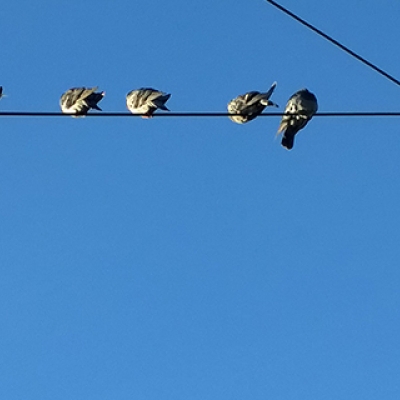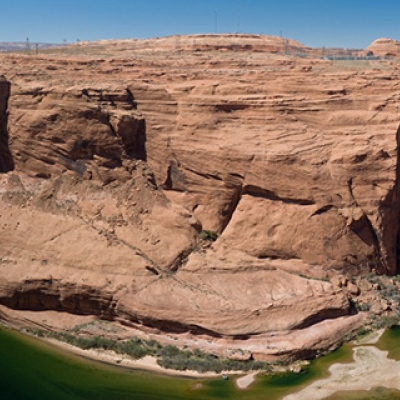
#ForewordFriday Heatstroke
By Admin / On July 13th, 2012
In anticipation of the Society for Conservation Biology, North American Congress for Conservation Biology meeting that starts this weekend, get familiar with Anthony Barnosky and his important book, Heatstroke.




